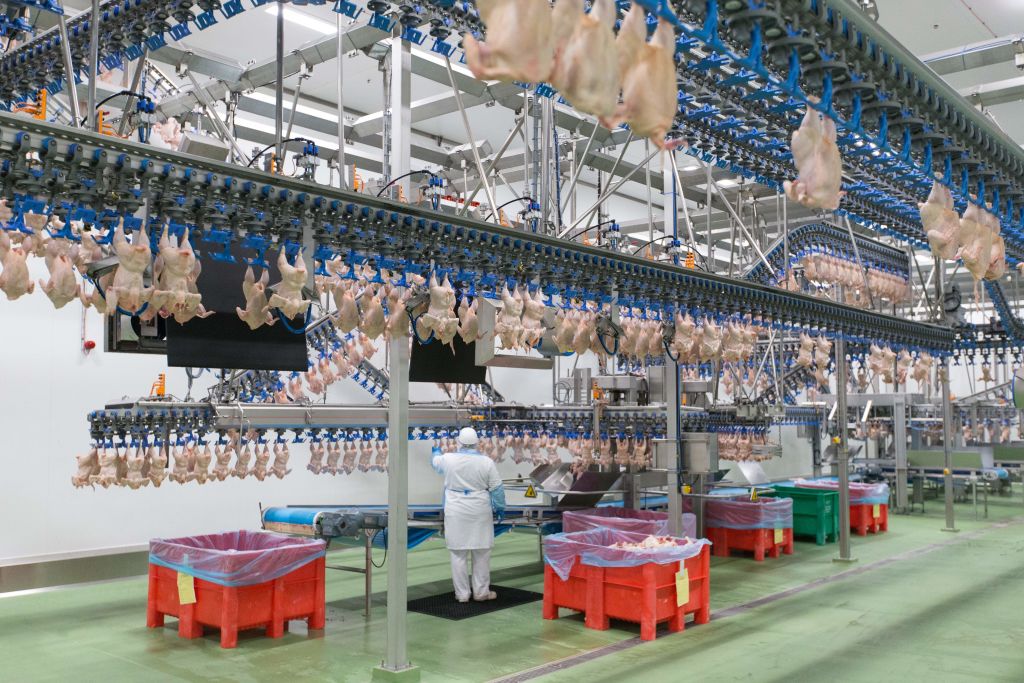‘Taking agriculture backwards’
Unite has criticised Tory MPs for blocking an amendment to the Agriculture Bill that would have paved the way for establishing minimum standards for farmworkers who’ve seen their pay, terms and conditions significantly eroded in the last five years.
This race-to-the bottom for agricultural workers began after the government scrapped the Agricultural Wages Board (AWB) in 2013 in England – Scotland, Wales and Northern Ireland all maintain a form of AWB that protects their workers.
The Agriculture Bill, which will be the first major overhaul of agricultural policy in the UK in decades, is at the Committee stage in the House of Commons and is meant to chart the agricultural sector’s legislative course post-Brexit.
Unite has further criticised for the government failing to commit to the agricultural workforce at all in the Bill. After all, Article 39 of the Treaty of Rome calls for ‘fair standards of living for workers in agriculture’, yet even this minimum commitment to agricultural workers is not included in the Bill whose purpose is to address Brexit.
Today’s amendment that was voted down called for a public consultation on the merits of establishing a negotiating body similar to the previous AWB.
Labour MP David Drew made the case for a modern agricultural wages board to combat the “serious lack of labour” in the industry.
“Something is very wrong with this industry when that which has been produced cannot be brought to market because there’s no one there to pick it,” he said in today’s debate.
He pointed out the AWB wasn’t only just about maintaining pay and terms and conditions but it was also about training and investment to encourage young people into a sector that’s ageing.
Drew rejected arguments put forward by Tory agriculture minister George Eustice, who claimed the AWB was outdated and that minimum wage laws were now sufficient.
Agriculture is not the same as other sectors, Drew noted.
“It is different because it’s the nature of the work, which is hard with long hours, with loneliness – most workers are by themselves,” he said, adding that most farmers he’s spoken to privately say that the loss of the AWB is “one of the things that they most regret”.
“They believe very strongly that [the loss of the AWB] has taken agriculture backwards,” he said.
Commenting after the debate, Unite assistant general secretary Diana Holland said, “The minimum protections that agricultural workers have lost is shameful. Here was a great opportunity to right this wrong and it was missed.
“The AWB covered career progression, training standards and a wide range of detailed technical protections — the National Living Wage is not enough for these workers,” she added. “Unite will continue to fight for this cause and for agricultural workers to be respected. Protections afforded by the AWB were not as the Tories have said ‘red tape’ or a ‘burden’ but rather they were about basic human rights.”
Unite has long highlighted the consequences of scrapping the AWB. Only a year after it was abolished in England, a workforce survey found that a strong majority – 56 per cent – had not received a pay rise. A third of those who were denied a pay rise had actually asked for one but were refused. Of those who did receive a pay rise, 82 per cent had the wage increase imposed on them without negotiation.
Beyond pay, farm workers have all had holiday, sickness and other terms and conditions significantly watered down as well in the wake of the AWB’s abolishment.
Last month, Holland gave evidence at a committee hearing of the Bill, where she made the case for today’s amendment “that recognises the need to protect agricultural workers” through new minimum standards once afforded by the AWB.
“Agricultural workers are facing serious pressures on pay, safety and job security – in preparing for Brexit as this Bill seeks to do, they need to be at the table, not overlooked, and effectively shut out,” she said after the hearing in October.
“Unite represents thousands of farm and rural workers in England, who, unlike those we represent in Wales, Scotland and Northern Ireland, have had no pay negotiating body since the government abolished the Agricultural Wages Board in 2013, freezing the AWB protections at 2012 levels for existing workers and removing them altogether for workers employed after abolition,” she added. “This shameful situation could be put right with a simple amendment to the Bill.”
The Labour Party has vowed to reinstate the AWB once it is in government.
 Like
Like Follow
Follow


